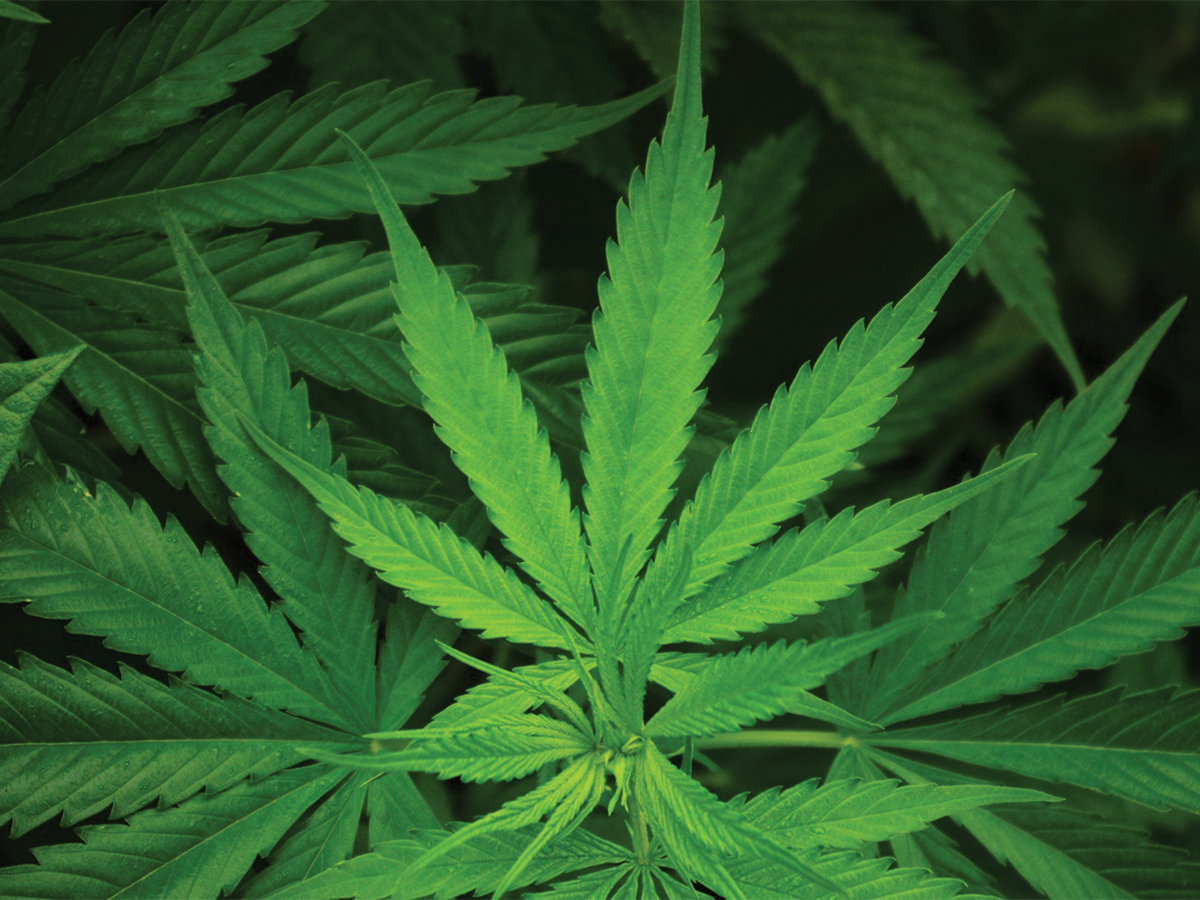
During a White House press briefing held Thursday, Feb 23, White House Press Secretary Sean Spicer responded to questions about the Trump administration’s stance on federal marijuana regulation and the resulting state-federal conflict. During the briefing, Spicer differentiated between the usage of marijuana for medical purposes and recreational purposes. Legal medical marijuana will face no further federal involvement in states that already include proper legislation regulating its use, however, Spicer emphasized recreational marijuana “will face greater enforcement and is something the Department of Justice, I think, will be further looking into.”
Spicer’s response raised alarm with advocates of marijuana and in states that have legalized marijuana for both medical and recreational purposes. Recreational use of marijuana is currently legal in seven states and the District of Columbia (D.C.), with medical marijuana usage being legal in 28 states and D.C. Under the Obama administration, Deputy Attorney General James Cole declared that states with proper legislation regarding marijuana usage will not be facing challenges from federal officials and will continue to use state laws for regulation. On the contrary, states absent of medicinal marijuana legislation will face intervention. However, with Trump’s appointment of Jeff Sessions as attorney general, someone who has openly opposed recreational marijuana use, federal enforcement against the use of cannabis seems much greater.
Fourth-year english major and President of College Republicans at UCR Viraktep Ath, reiterated a similar notion about Sessions’ anti-drug stance and his future involvement. “I do believe him (Sessions) to pursue a strict enforcement of the federal government’s stance against the use of illegal drugs such as marijuana,” Ath commented.
If the federal government were to impose stricter regulations, the Drug Enforcement Administration (DEA) currently lacks the resources, both monetary and administrative, to provide a wider effort in the prosecution of states in violation of federal marijuana laws. The DEA has historically relied on local state task force participants to provide exclusive enforcement of federal drug laws, such as the Controlled Substances Act, as well as the investigation of high level drug traffickers. Creation of the State and Local Task Force program was a means of providing federal presence in all populated areas and sharing federal and state resources to compensate for DEA’s limited funding. However, due to the recent increase in the number of states with legalized marijuana, the DEA could face added stress on their limited funding as well as a need to deputize more local participants into federal agents.
When asked about this potential increase of federal presence in states, Ath noted he strongly believes the “federal government needs to end the debate altogether (…) a law clearly needs to be put in place to end the speculation on what role the federal government will play strictly in marijuana, therefore we can better interpret the law concerning this issue.”
Legal marijuana trade is booming in legalized states; Arcview Market Research projects sales to reach $20.6 billion by 2020 and continue rising as more states legalize cannabis. Given this information, third-year political science major and president of the College Democrats of UCR, Sergio Robles, hopes the administration will be careful to enact regulations that will not impede on growth of sales. “This (Trump’s) administration is so concerned with cutting taxes and downsizing the budget, but supporting stricter regulations on marijuana would only project to lower such a substantial generator of revenue for states,” Robles said.
Despite various political and commercial reasons for regulation, marijuana is a Schedule 1 drug, a category which includes heroin, LSD and ecstasy. As stated by the DEA website, Schedule 1 drugs “have a high potential for abuse and the potential to create severe psychological and/or physical dependence.”
Ath believes the possible future prohibitions on recreational usage of marijuana will positively affect UCR students.“The culture of drug usage at UC Riverside and other college campuses is a cancer,” says Ath. “Students who recreationally use marijuana also buy into the drug culture, thus impacting their perspective as students and moral citizens.”
Given the fact that both the Department of Justice and Trump have yet to comment on Spicer’s response, Robles finds, “We should take this press release with a grain of salt because no executive comment or action has yet been announced. This silence could also mean Trump’s administration does not consider marijuana as a top priority.”








